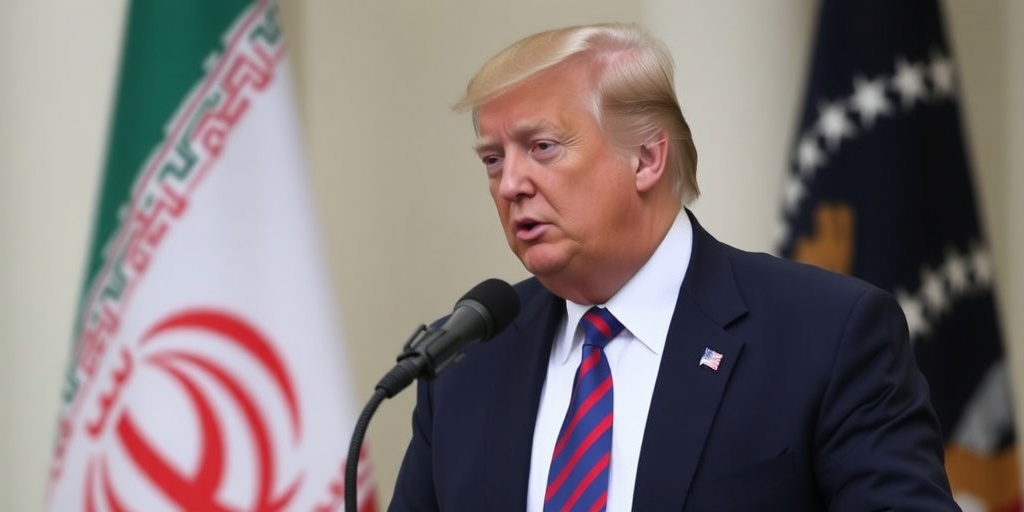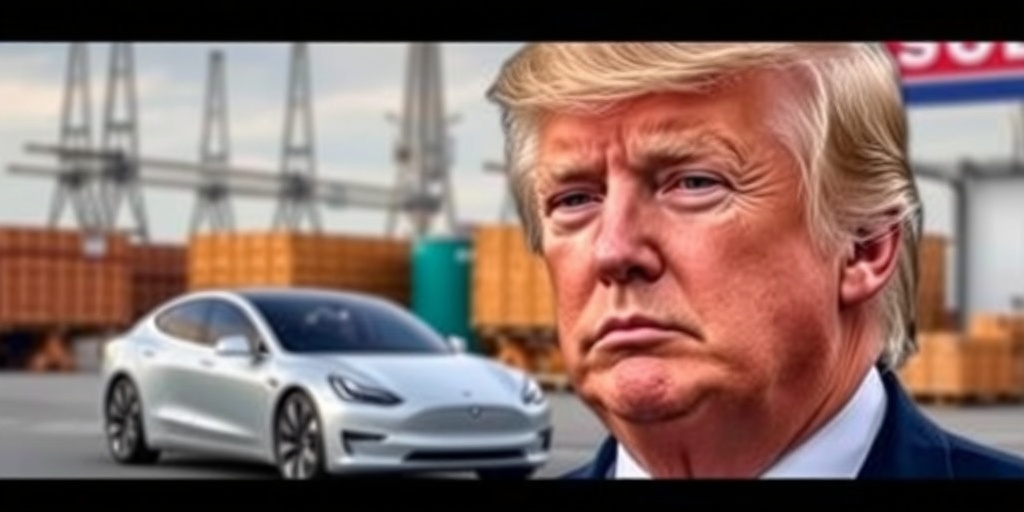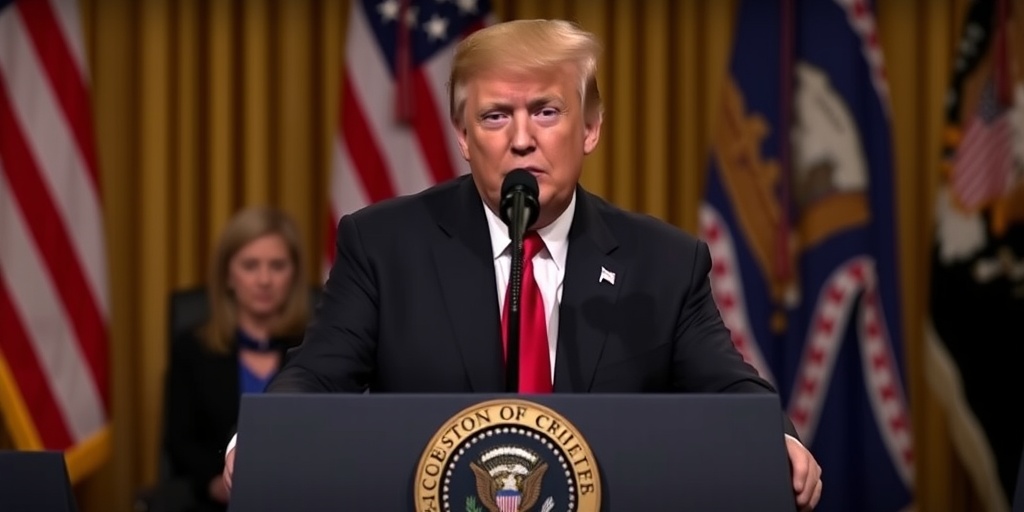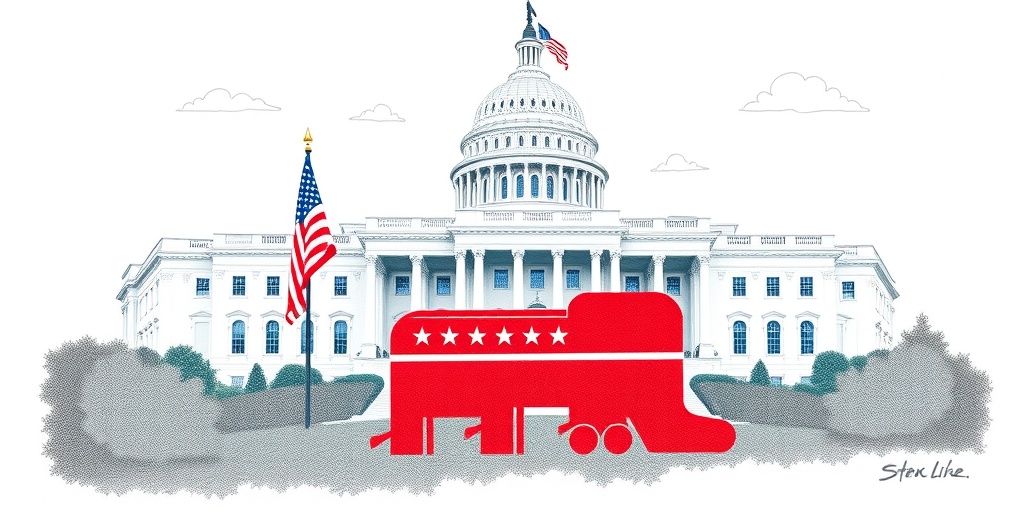Now Reading: What Insights Will Elon Musk Gain from the Wisconsin Supreme Court Election?
-
01
What Insights Will Elon Musk Gain from the Wisconsin Supreme Court Election?
What Insights Will Elon Musk Gain from the Wisconsin Supreme Court Election?
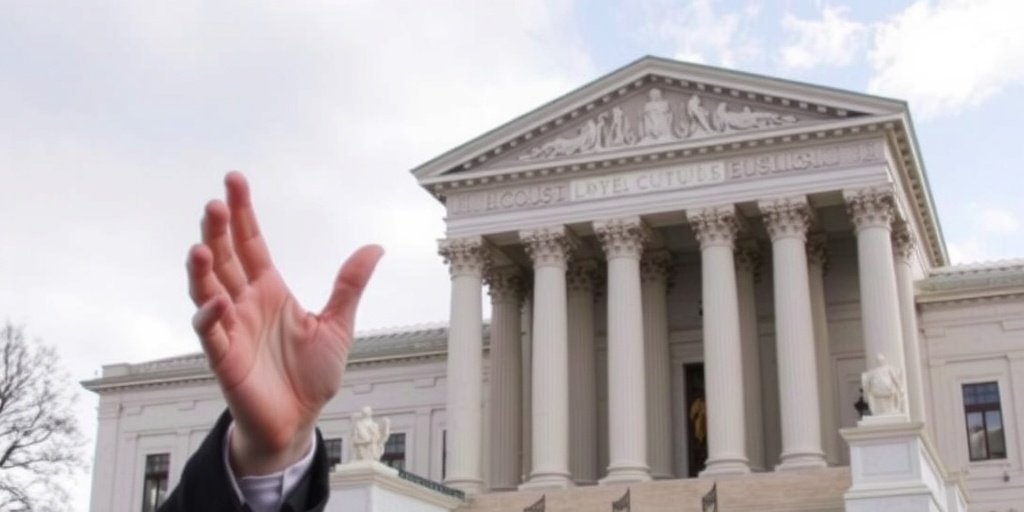
Elon Musk Faces Setbacks in Political Influence Following Failed $20 Million State Supreme Court Campaign
In a recent turn of events, billionaire entrepreneur Elon Musk has encountered significant frustration in his attempts to wield influence over the political landscape, particularly in the state-level judicial arena. Musk, known for his ambitious ventures and disruptive innovations, reportedly spent an astonishing $20 million in a campaign aimed at swaying the outcome of a crucial State Supreme Court race. However, the effort fell short, raising questions about the efficacy of billionaire involvement in politics.
Musk’s foray into political campaigning comes amid a growing trend of wealthy individuals attempting to exert their influence on political outcomes. Historically, billionaires have invested in campaigns, candidates, and causes in an attempt to reshape policies that align with their interests. However, the complexities of political dynamics and voter sentiment often complicate such efforts, as seen in Musk’s recent experience.
The campaign Musk funded sought to support a candidate whose judicial philosophy aligned with his own views on technology, innovation, and individual liberties. Advocates for the candidate believed that having a supportive Supreme Court would be beneficial for emerging technologies, particularly in areas like artificial intelligence, digital privacy, and regulatory frameworks affecting tech companies. However, the backlash from the community and the strength of the opposing candidate’s grassroots support proved formidable.
Political analysts suggest that the failed attempt highlights a broader pattern of billionaire attempts to influence political outcomes that do not yield the expected results. Factors contributing to this trend may include changing voter demographics, growing skepticism of elite influence in politics, and an increasingly polarized political climate. Many voters tend to resist perceived attempts by the wealthy to sway political decisions, often viewing such efforts as opportunistic or disconnected from the everyday concerns of average citizens.
In Musk’s case, his high-profile persona and controversial statements may have hampered his influence rather than enhanced it. In recent years, Musk has become a polarizing figure, not only due to his business ventures but also because of his social media presence and public comments on various political and cultural issues. This polarizing reputation could have played a role in the electorate’s decision-making process, leading to a backlash against his preferred candidate.
Furthermore, the failure of Musk’s investment raises questions about the effectiveness of large financial contributions in the political arena. While money undoubtedly plays a crucial role in campaign financing, it does not guarantee electoral success. Voters respond to a range of factors, including candidate charisma, policy positions, and local issues, suggesting that investing massive amounts of money may not always translate into political victories.
Observers have also pointed to the implications of this political struggle for Musk’s future engagement in political causes. Following this setback, it remains to be seen whether Musk will reassess his approach toward political engagement or double down on his efforts to influence future races. Given his keen interest in technology and innovation, it is likely that Musk will continue to seek avenues for political advocacy, though perhaps with a more calculated approach that accounts for the changing political landscape.
Moreover, this incident could serve as a cautionary tale for other billionaires considering similar political maneuvers. The interplay between wealth and politics is fraught with challenges, and the outcomes can be unpredictable. As a result, some affluent individuals may opt to engage in more grassroots initiatives or support candidates aligned with their values rather than attempting to directly influence races with exorbitant funding.
In conclusion, Elon Musk’s recent $20 million investment in a State Supreme Court race serves as both a reflection of the complexities of modern political campaigning and a lesson in the limitations of financial influence. The intersection of wealth and politics continues to evolve, and Musk’s experience underscores the unpredictable nature of electoral politics. As billionaires navigate their aspirations to shape policy and governance, they must contend with the realities of voter sentiment, changing demographics, and the challenges inherent in influencing political outcomes. Whether Musk will adapt his strategies in the wake of this political setback remains to be seen, but his saga is emblematic of a larger narrative involving wealth, power, and the relentless pursuit of influence in a democratic society.
Stay Informed With the Latest & Most Important News
Previous Post
Next Post
-
 01New technology breakthrough has everyone talking right now
01New technology breakthrough has everyone talking right now -
 02Unbelievable life hack everyone needs to try today
02Unbelievable life hack everyone needs to try today -
 03Fascinating discovery found buried deep beneath the ocean
03Fascinating discovery found buried deep beneath the ocean -
 04Man invents genius device that solves everyday problems
04Man invents genius device that solves everyday problems -
 05Shocking discovery that changes what we know forever
05Shocking discovery that changes what we know forever -
 06Internet goes wild over celebrity’s unexpected fashion choice
06Internet goes wild over celebrity’s unexpected fashion choice -
 07Rare animal sighting stuns scientists and wildlife lovers
07Rare animal sighting stuns scientists and wildlife lovers













